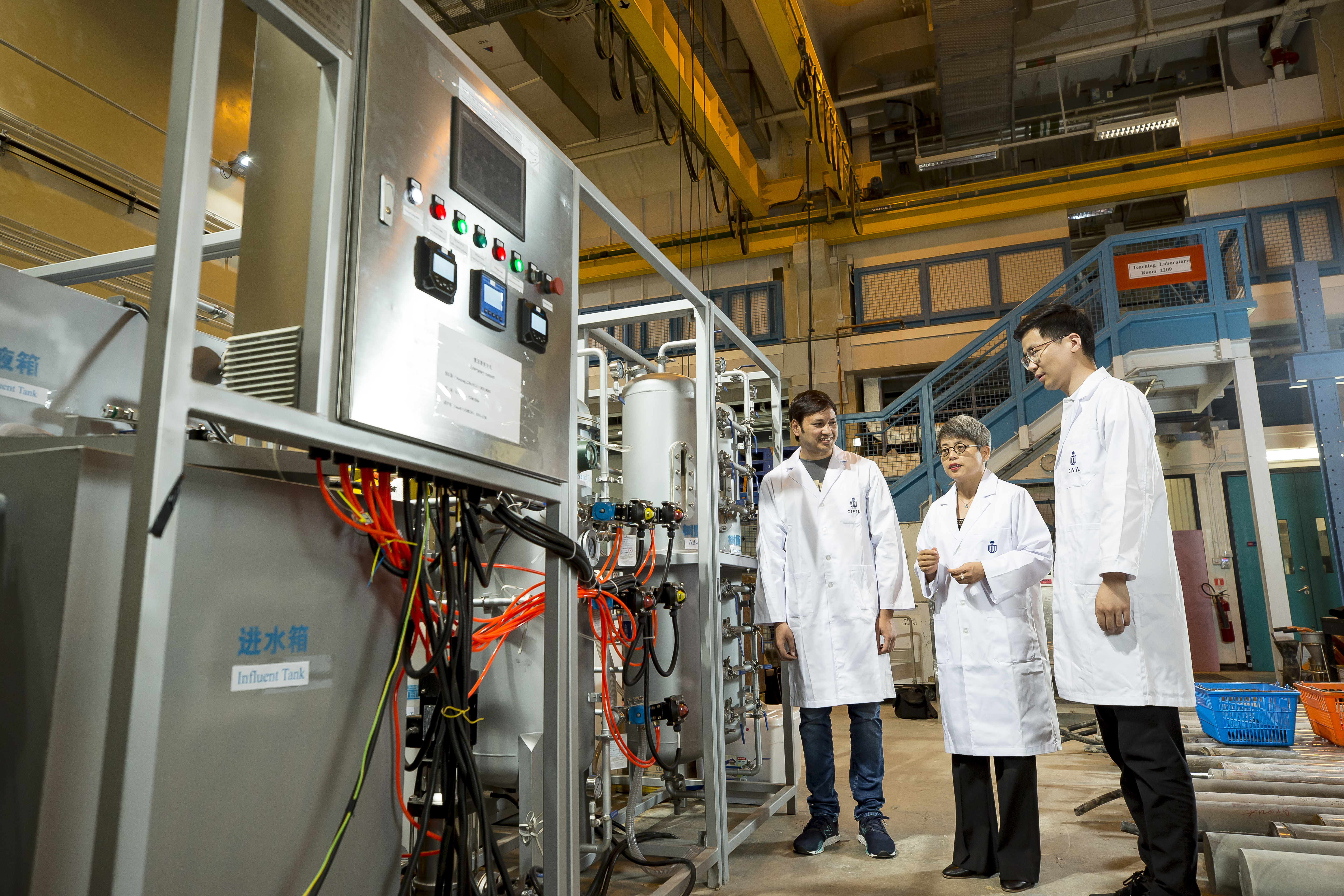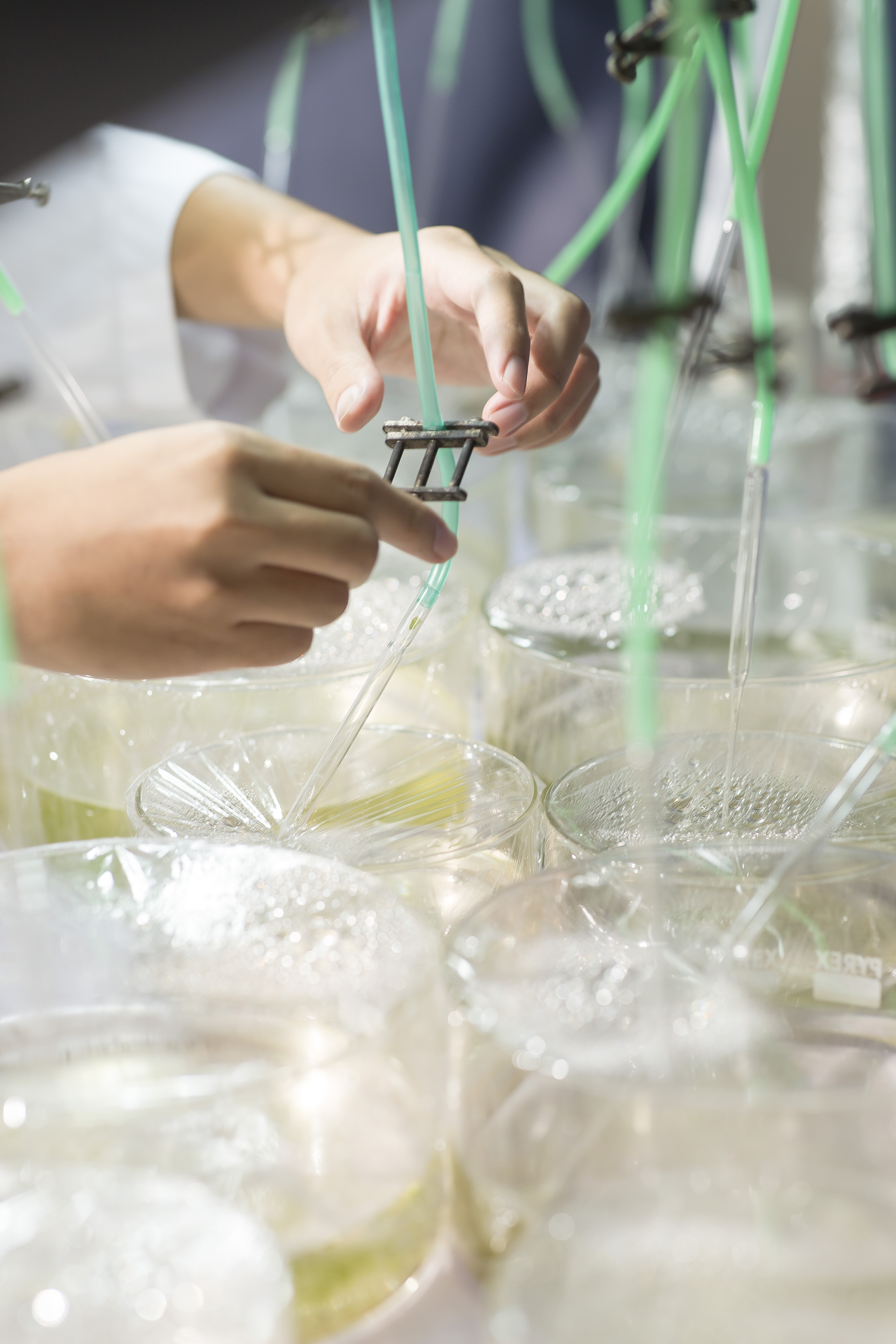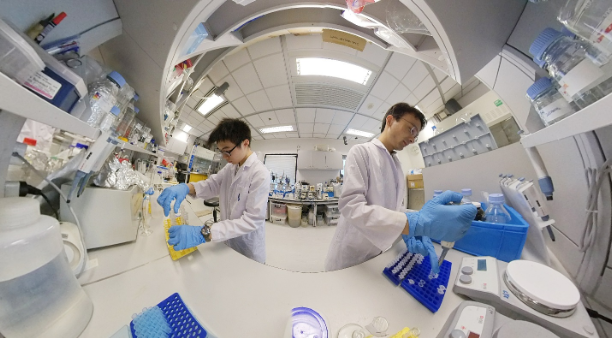Environmental
Faculty in the environmental engineering group pursue active research related to quality improvement for water and land, monitoring and modeling of air pollution, and environmental threats due to climate change. Research is focused on new technologies for wastewater reclamation, reuse, and recycling; urban sanitation; removal of heavy metals and micro-pollutants; process characterization and optimization to enhance pollutant removal; reduction of harmful disinfection by-products; minimization of sludge production; solid/hazardous waste management; transport and transformation of pollutants in sub-surfaces; and technologies for soil and groundwater remediation. In addition, numerous functional water and wastewater treatment models are also available for both research and teaching purposes. Models are also available for the emerging environmental issues due to air pollution and climate change.
Faculty
Prof. Irene M.C. LO: Soil and groundwater decontamination using physiochemical treatment processes for in-situ and ex-situ remediation; magnetic nanoadsorbents and nanophotocatalysts for water and wastewater treatment; solid and hazardous waste treatment with its recovery/reuse and life cycle assessment.
Prof. Guanghao CHEN: Minimization of excess sludge in biotreatment systems; utilization of the sewer system for pollutant removal; and effect of high salinity on nitrification.
Prof. Chii SHANG: Physicochemical processes including disinfection, adsorption, redox and advanced oxidation processes; environmental chemistry and instrumentation; and control of disinfection by-products and micropollutants.
Prof. Xiangru ZHANG: Innovative water and wastewater treatment processes; detection, toxicity and control of emerging disinfection byproducts and micropollutants; drinking water security.
Prof. Alexis K.H. LAU: Geophysical data analysis; numerical modeling of the atmosphere; regional and urban air pollution; weather and climate; satellite remote sensing; exposure and health assessment; smart health cities; environmental education and policy.
Prof. Eun-Soon IM: Modeling and understanding of anthropogenic impacts on climate system (e.g., greenhouse gas emissions and land use change); climate extremes and variability; added value of dynamical downscaling.
Prof. Xiaoming SHI: Extreme Precipitation; mountain meteorology; cloud dynamics; atmospheric boundary layer; numerical modeling and climate dynamics.


Representative Research Projects
Removal of intermediate aromatic halogenated DBPs by activated carbon adsorption: A new approach to controlling regulated trihalomethanes and haloacetic acids in chlorinated drinking water
Removal of (halo)pharmaceuticals in drinking water treatment by reversing GAC adsorption and chlorine disinfection
Understanding of the physical science behind climate change
Production of tailored climate information for impact assessments
Identification of the most at-risk hotspots of climate extremes
Development of UV/chlorine processes for removal of micropollutants, antibiotic resistant bacteria and their resistance genes
Development of optical fibre-assisted UV-vis photocatalytic processes for water and air purification
Investigation of changes of DOM’s characteristics and by-product formation potential due to micropollutant abatement by UV-driven advanced oxidation processes
Personalised Real-time Air-quality Informatics System for Exposure – Hong Kong (PRASIE-HK)
Developing a real-time high resolution spatial and temporal marine emission inventory system
Integrated assessment on the effectiveness of intervention programmes to the air quality of HK
PM2.5 study for air quality improvement in the Pearl River Delta region
Derivation of nationwide ground level particulate matter concentrations from remote sensing data
Development of effective air quality management strategies for HK and the PRD
Upgrade of EPD regional air quality modeling system
Integrated assessment system for renewable energy resources
Learning and teaching materials for "Weather, Energy and Air Quality"
Assessment of toxic air pollutant measurements in Hong Kong
Minimization of sludge yield through energy spilling in biotreatment
Nitrification in saline sewage treatment
Pollutant migration and clean-up in subsurface environment
Development of permeable reactive barriers for removal of chlorinated solvents in groundwater
Use of modified clay as landfill liner
